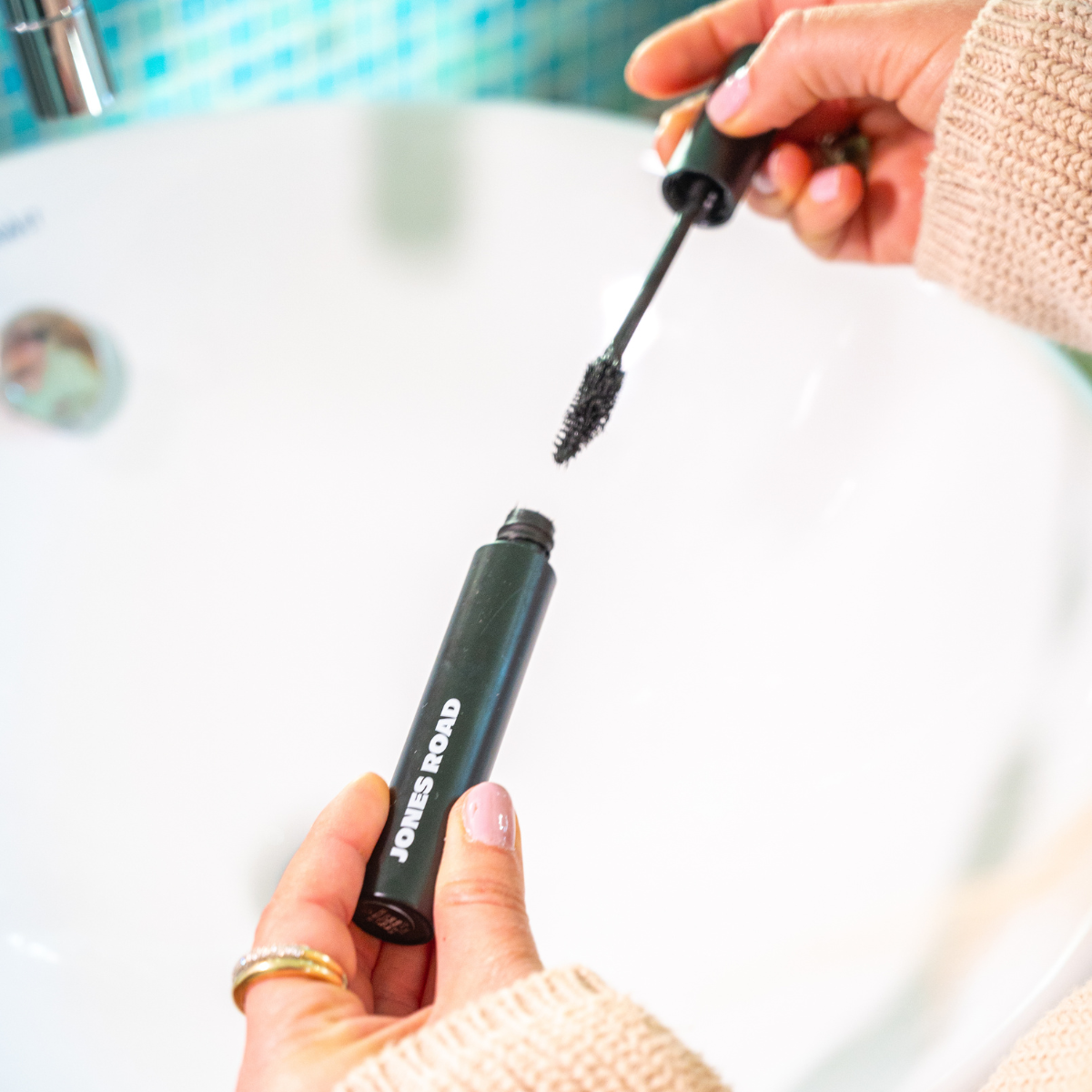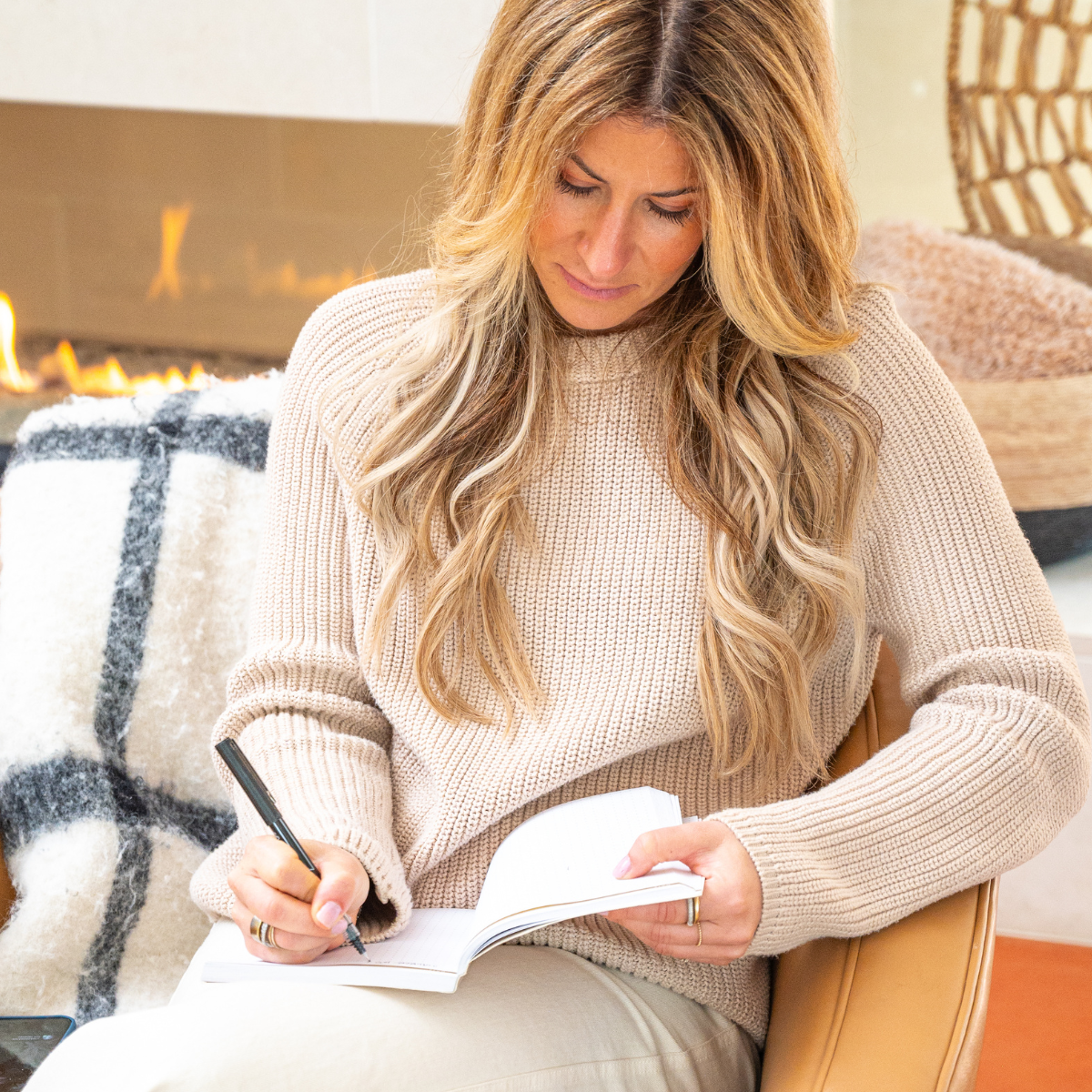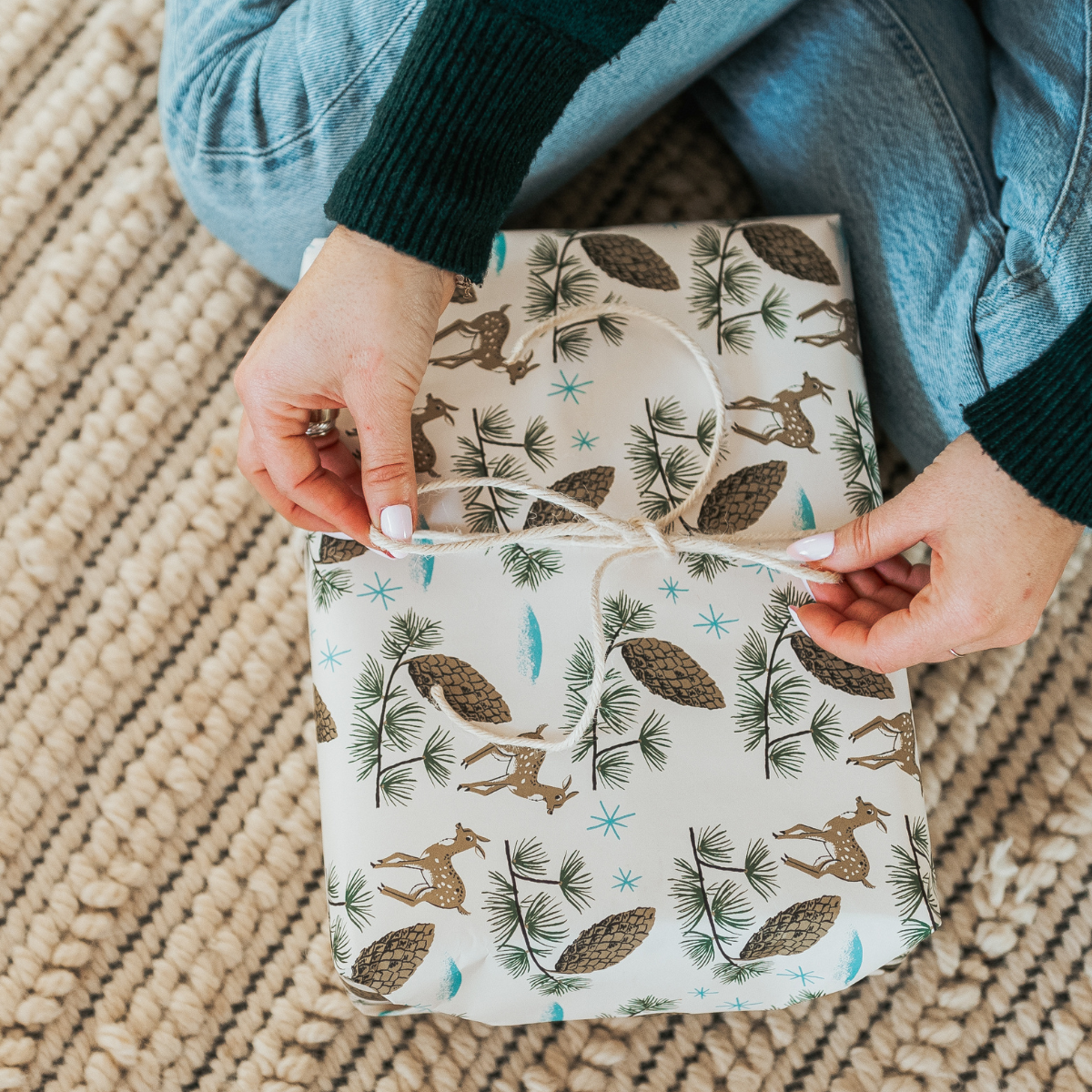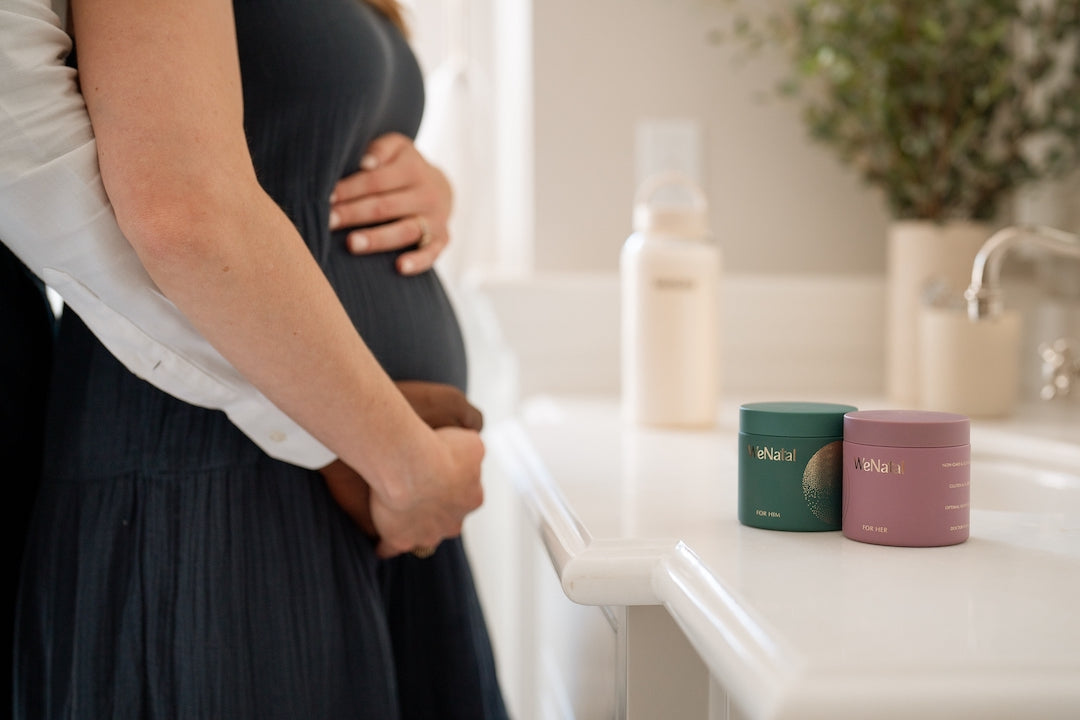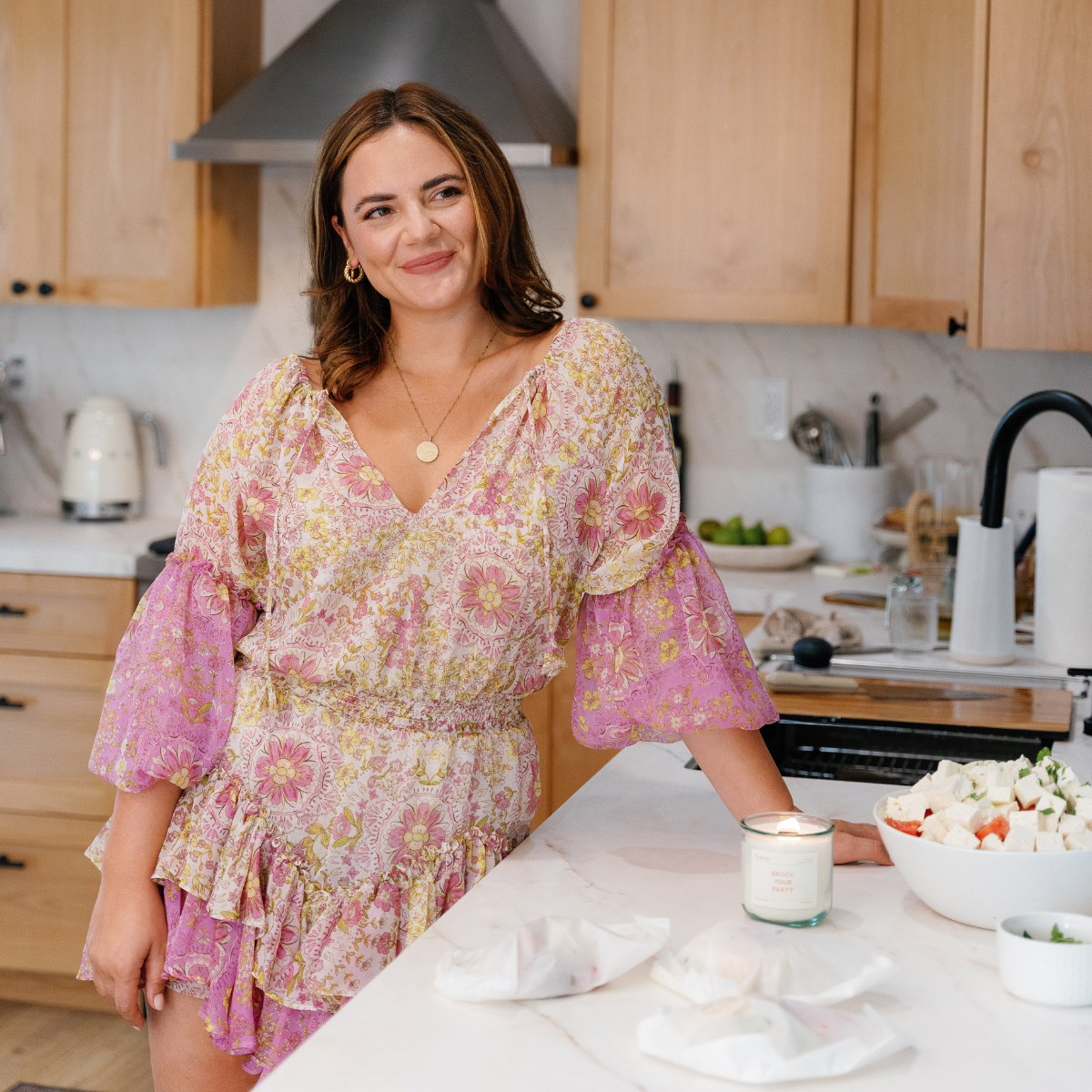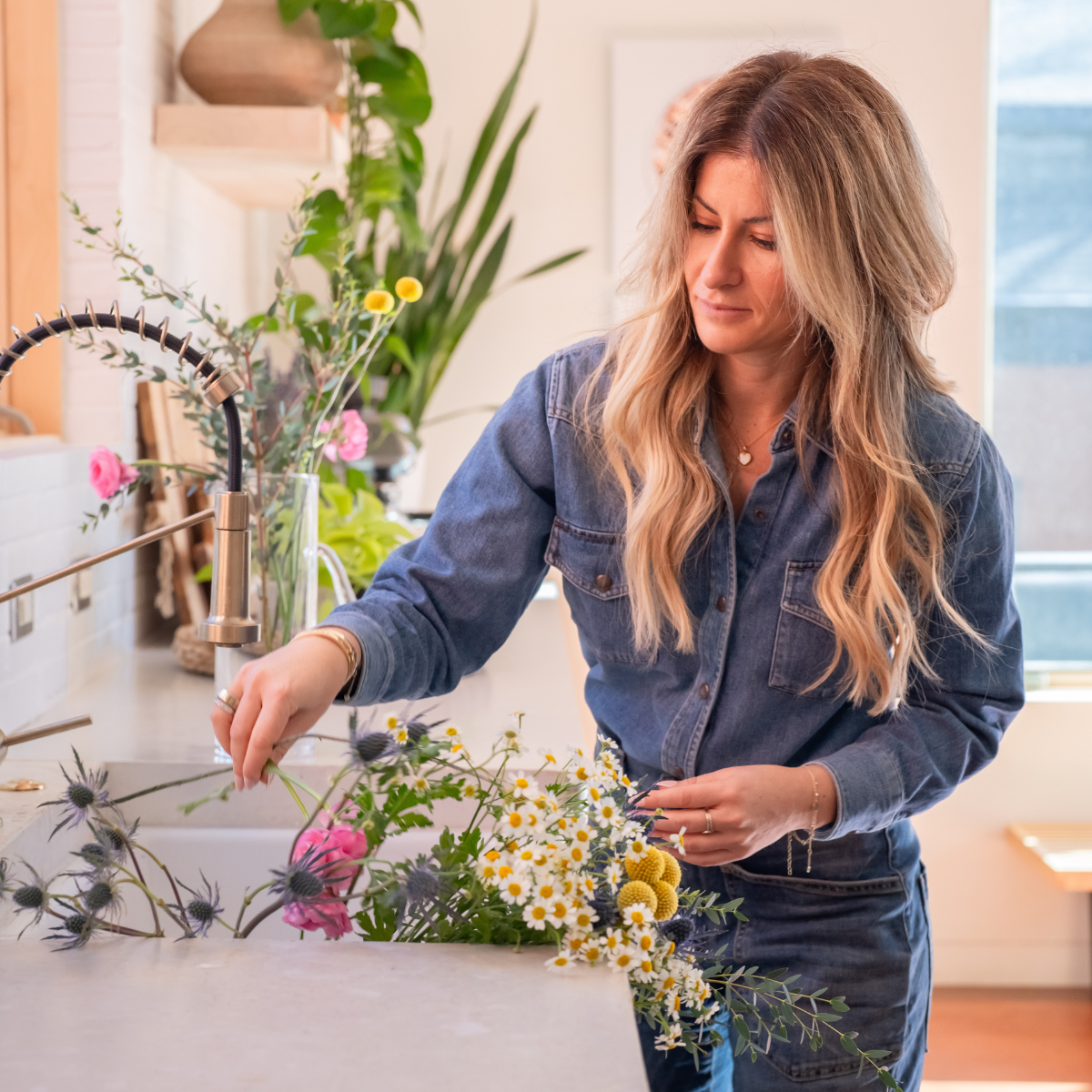It’s all about gut health as Elizabeth welcomes Dr. Daryl Gioffre, Gut Health & Inflammation Specialist, Best-Selling Author and the Founder of Alkamind. Dr. Daryl first talks about overcoming his personal struggles with sugar addiction, and how his father’s illness led him down a path to investigate the role of digestive wellness. Dr. Daryl talks about his Acid-Kicking product line and Gut Detox Programs, and small changes to bring into your routine that can help you clean up your microbiome. He discusses why gut testing regularly is important, and common gut imbalance symptoms that often go unnoticed.
Use LIVEPURELY15 to get 15% off your Alkamind purchase





